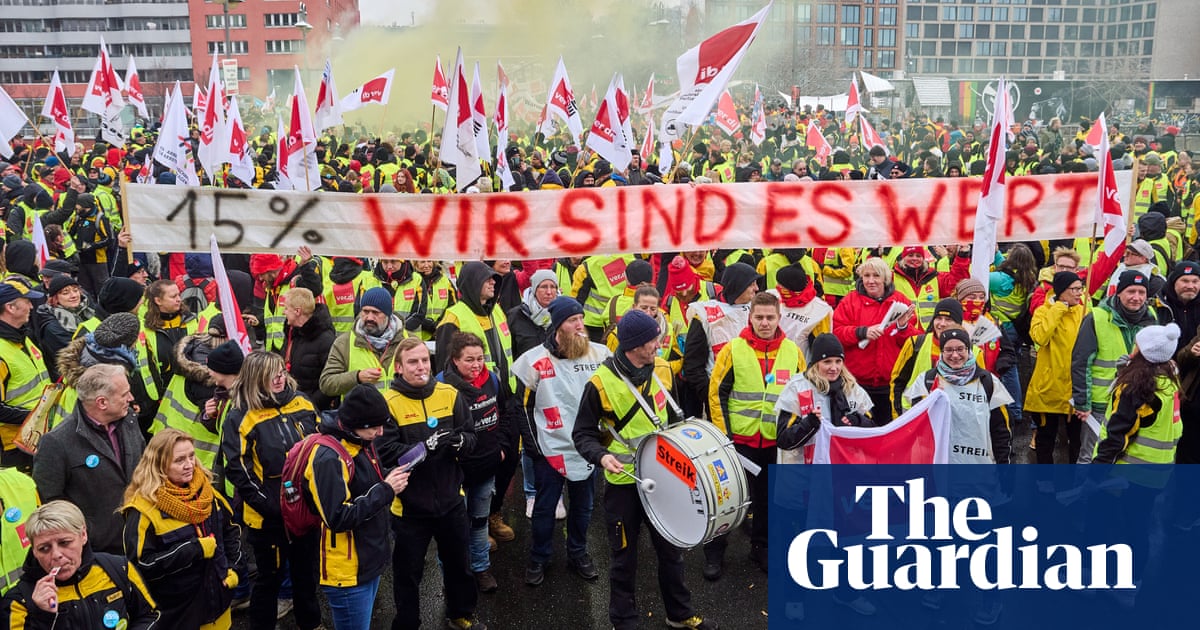
FRANKFURT (Reuters) -The European Central Bank left policy unchanged as expected on Thursday, keeping copious stimulus flowing even as it predicted a firm rebound in the euro zone economy in the coming months as pandemic restrictions are lifted.
This video file cannot be played.
The ECB is keeping borrowing costs pinned near record lows via massive bond purchases to see the 19-country currency bloc through a scarring recession that has kept schools, shops, restaurants and hotels closed for most of the last year.
But growth is expected to rebound quickly from mid-year as COVID-19 infections are brought under control, the pace of vaccination picks up and restrictions are removed, raising questions about just how much ECB help is still needed.
“There are clearly signs of improvement,” President Christine Lagarde told a news conference.
“Progress with vaccination campaigns and an envisaged gradual relaxation of containment measures underpin expectations of a firm rebound in economic activity in the course of 2021.”
She stressed the overall situation was still “clouded with uncertainty”, however, due to factors ranging from the possible spread of new virus variants to risks to financing conditions and continued pressures on struggling sectors of the economy.
Survey data later on Thursday showed consumer confidence continuing to improve and now just below levels seen before the pandemic started in early 2020.
Germany’s 10-year government bond yield, the benchmark for the euro area, rose 0.5 basis points to -0.25% after the ECB’s policy statement.
The ECB decided to continue buying bonds under its Pandemic Emergency Purchase Programme (PEPP) at the current clip this quarter to keep borrowing costs for governments, companies and households stable.
FIGHT DELAYED
Even conservative policymakers such as the Netherlands’ Klaas Knot did not repeat calls for reducing the pace of money printing after June if economic conditions allow, sources told Reuters. [L8N2MF64Y]
“The Governing Council expects purchases under the PEPP over the current quarter to continue to be conducted at a significantly higher pace than during the first months of the year,” the ECB said, repeating guidance from March.
But the battle is only delayed to the June 10 meeting, when policymakers will have to decide whether to slow bond buying, even if that means allowing borrowing costs to drift higher.
Lagarde was asked repeatedly at the news conference to elaborate on the timetable and debate around any future tapering but stressed any decision would be “data-dependent”.
“On the occasion of this Governing Council, we did not discuss any phasing-out of PEPP because it is premature,” she said.
Knot and Austria’s Robert Holzmann have already said it may be possible to start winding down purchases from June. Other policymakers have so far pushed back on that idea, saying taper talk is premature given the deadly third wave of the pandemic.
At the current pace, the ECB is likely to exhaust its purchase quota before the scheduled end to its Pandemic Emergency Purchase Programme next March. The June decision will thus give a crucial signal of whether the 1.85 trillion euro ($2.22 trillion) PEPP can be wound down early next year.
With policy unchanged on Thursday, the ECB’s deposit rate remains at minus 0.5% and the main rate at 0%. But other central banks have started heading for the exit.
The Bank of Canada signalled on Wednesday it could start hiking interest rates in late 2022, as it sharply boosted its outlook for the Canadian economy and reduced the scope of its bond-buying programme.
($1 = 0.8328 euros)












